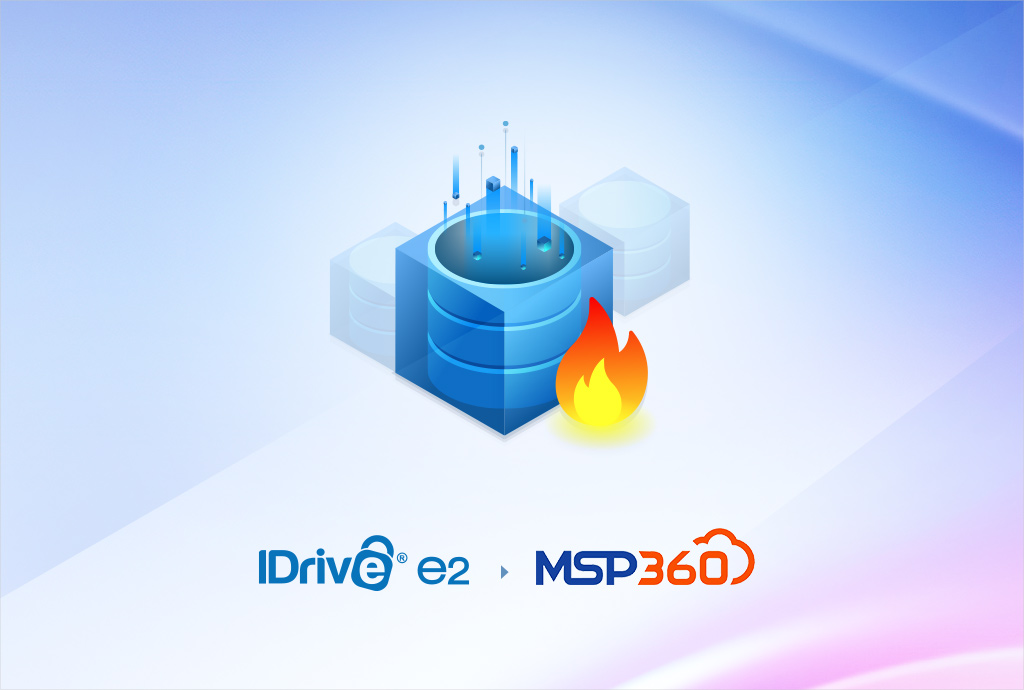

Scammers and hackers are always looking for creative ways to spread ransomware and gain access to sensitive personal and business information. If successful, these criminals will hold your data or your business data hostage until they get what they ask for, which is typically a large some of money.
One of these methods, phishing, remains as one of the biggest threats to businesses. In fact, according to the FBI’s Internet Crime Complaint Center, $676 million was lost to criminals in 2017 due to email phishing scams.
What Phishing Attempts Look Like
Phishing is mainly an attempt to fool unsuspecting victims into giving up sensitive information via email or even by phone by disguising themselves as a trusted individual or business.
These attempts typically consist of:
- Emails with links to attachments from somebody you don’t know
- Emails that ask you to reply with your username and/or password
- Emails that entice you with a prize or deal, mention a current event, or pretend that there’s an urgent reason for you to respond or click a link
- Social network posts containing links that lead to fake password or login reset pages
- Targeted attacks via email that appear as if they are from somebody you know or include personal information to get you to respond or click a link
- A phone call from somebody claiming to be with a company searching for login info, or requesting payment
Phishing emails disguised as work emails are often the most effective when it comes to getting victims on the hook. These could look like:
- Corporate emails – look like official corporate communications such as invoices, benefits enrollment messages, or other HR notifications
- Technical emails – pose as error reports or bounced email notifications
- Consumer emails – designed to replicate emails that are sent to the public such as social network notifications, gift cards, store memberships, etc.
- Commercial emails – business related emails that may not directly pertain to your company like wire transfer requests or shipping confirmations
Although phishing is most common through emails, be aware that phone scams are also very common. Neither IDrive nor RemotePC will ever call you asking for login info or requesting payment, so if you receive a call of this nature, do not give up any info, and contact us at support@idrive.com so we can look into it.



